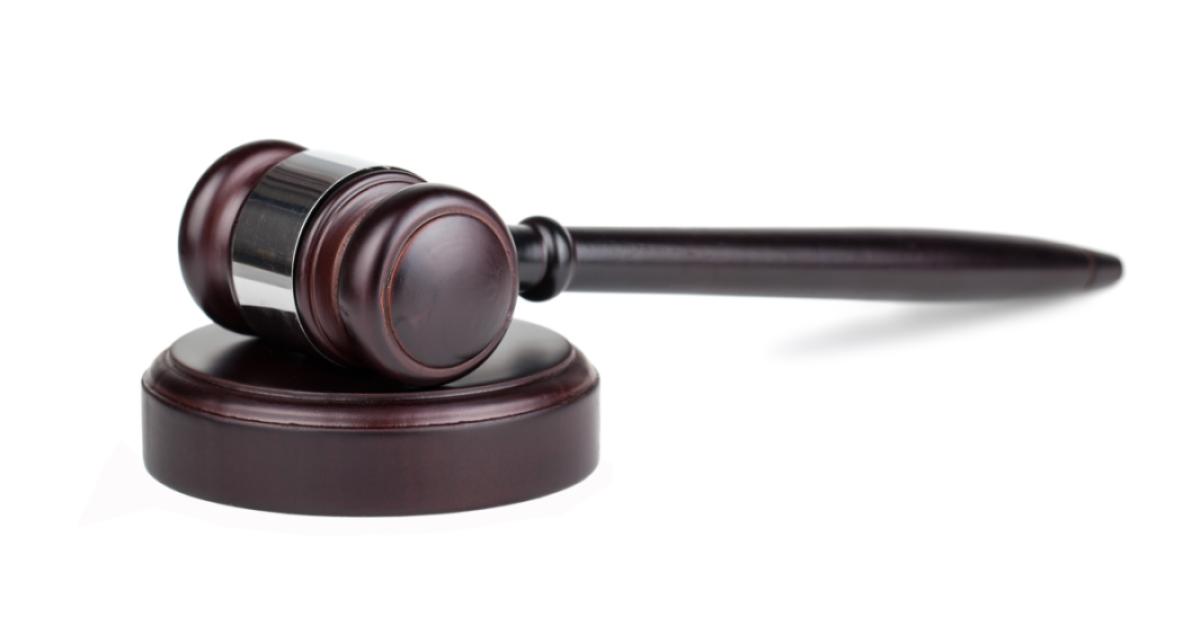- Security & Defense
- US Defense
In your rush to launch a broadside attack on the Law of the Sea Convention ("Lawless at Sea," Review & Outlook, Dec. 24), you make the classic mistake of firing before aiming.
Your description of the International Tribunal for the Law of the Sea decision ordering release of the Argentine frigate ARA Libertad ignores critical details. By ordering Ghana to respect the immunity of the Argentine naval training ship and its crew, the tribunal stood up for the time-honored rule of international law that a nation's warships are immune from the enforcement jurisdiction of other states, regardless of where the vessel is located.
The U.S. Navy relies on this rule around the world every day. To do otherwise would make it impossible to maintain our global presence, which depends so heavily on assurances that our vessels will not be interfered with when they enter a foreign port. Even Ghana's own government argued (to no avail) in domestic court proceedings that the Libertad should be released and did not contest the ship's immunity before the tribunal.
Indeed, the U.S. Supreme Court enshrined the principal of sovereign immunity for state vessels early in our history. In the venerable case of Schooner Exchange v. McFadden (1812), Chief Justice John Marshall overturned a lower court and ordered the release of a French warship that had been seized in a U.S. port to satisfy the claims of U.S. citizens. Chief Justice Marshall recognized that naval vessels are agents of their sovereign and must be protected from an otherwise endless array of aggrieved claimants.
Far from being out of touch, the Law of the Sea Tribunal was on the mark. The Libertad was correctly released. The U.S. should join the Law of the Sea Convention to reinforce principals like sovereign immunity that benefit U.S. operations around the world.
















